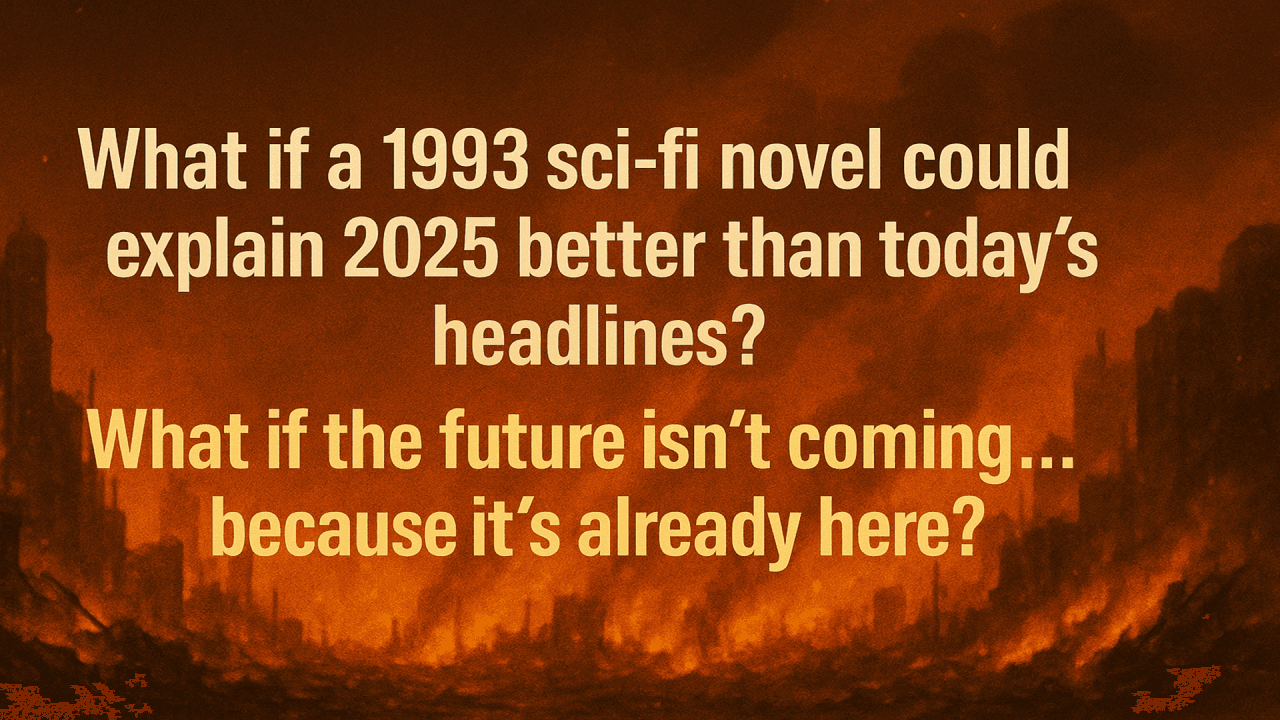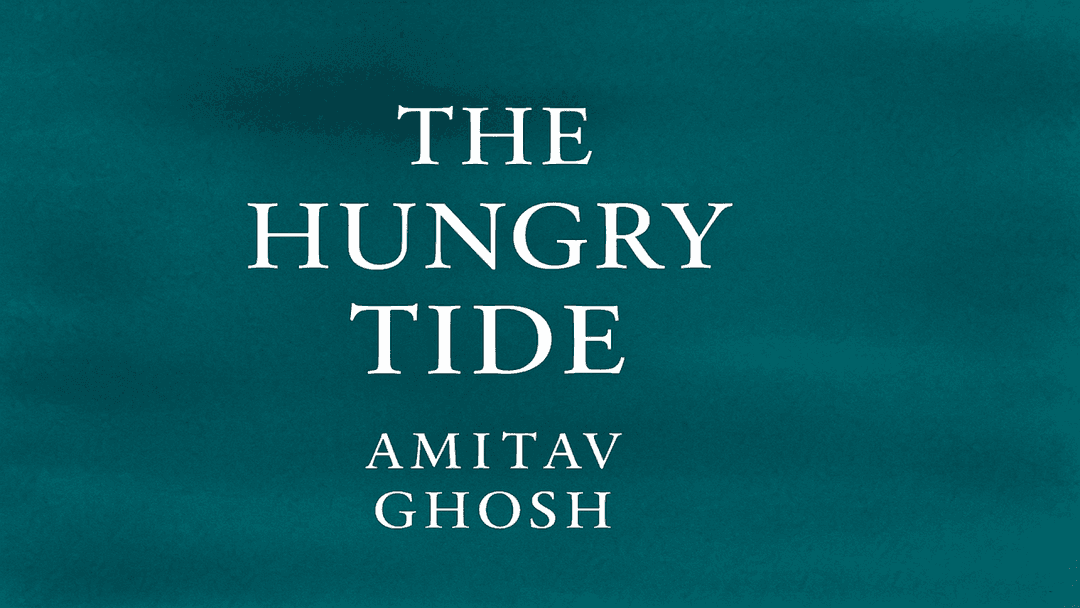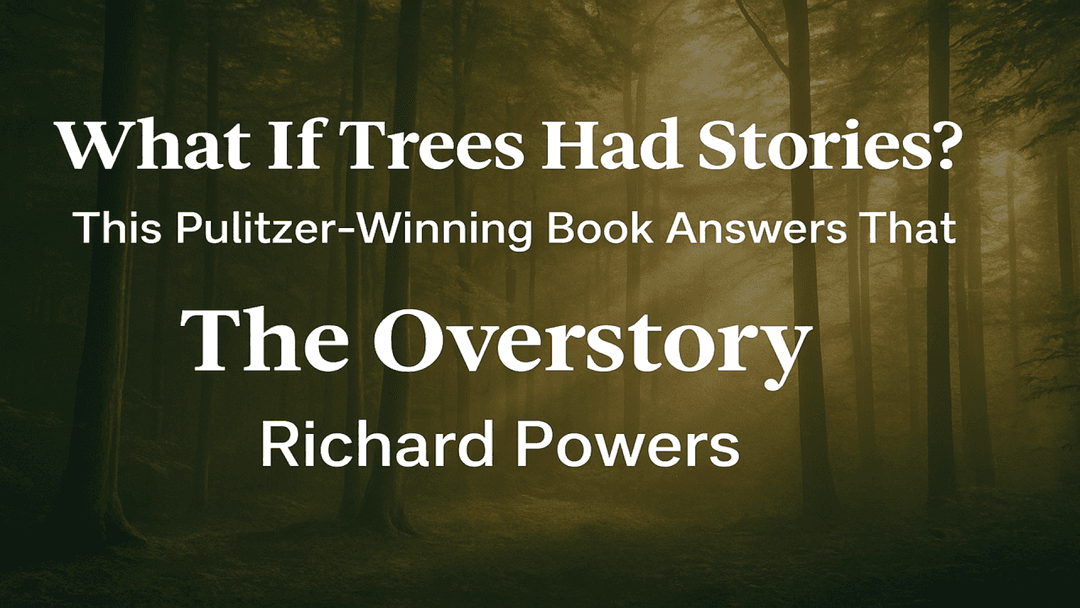What if a 1993 sci-fi novel could explain 2025 better than today's headlines? What if the future isn’t coming... because it’s already here?
Octavia E. Butler’s Parable of the Sower is more than just dystopian fiction—it’s prophecy in paperback.
The Prophet of Climate Fiction: Octavia Butler's Crystal Ball
In 1993, while most of us were still figuring out dial-up internet, Octavia E. Butler was crafting a vision of 2025 that feels less like science fiction and more like tomorrow's headlines. Parable of the Sower isn't just a novel—it's a warning wrapped in hope, delivered by one of literature's most prescient voices.
What Makes This Book Impossible to Put Down
Set in a collapsing California ravaged by climate change, economic inequality, and social breakdown, Butler's masterpiece follows Lauren Olamina, a young Black woman with hyperempathy—a condition that makes her literally feel others' pain. As society crumbles around her, Lauren develops a new belief system called Earthseed, built on the radical idea that "God is Change."
Butler didn't just write about the future; she engineered it with the precision of a climatologist and the soul of a poet. Corporate towns, water scarcity, gated communities while the outside world burns—sound familiar?
The Philosophy That's Changing Lives
At the heart of Parable of the Sower lies Earthseed, Lauren's revolutionary philosophy that treats change as sacred. Butler crafted verses that read like ancient wisdom for modern times:
"All that you touch / You Change. / All that you Change / Changes you."
This isn't just pretty poetry—it's a survival manual for navigating uncertainty. Lauren's belief that humanity's destiny lies in "taking root among the stars" offers hope beyond our planetary limitations.
Why This Book Hits Different in 2025
Butler's predictions feel less like fiction and more like documentary footage from a parallel timeline. She foresaw:
- Climate refugees fleeing uninhabitable regions
- Extreme wealth inequality creating fortress-like communities
- The rise of authoritarian populism exploiting desperate populations
- Water becoming more valuable than gold
- Corporate feudalism replacing traditional government
Reading Parable of the Sower today is like discovering your grandmother's diary that somehow contains tomorrow's news.
The Literary Revolution Butler Started
This novel launched what we now call climate fiction, but Butler was doing something deeper. She was reimagining who gets to survive the apocalypse and who gets to rebuild afterward. Lauren Olamina isn't just a protagonist—she's a prophet, a philosopher, and a gardener planting seeds for humanity's future.
Butler's intersectional approach to dystopia was revolutionary. She understood that climate change wouldn't affect everyone equally, and that the most vulnerable would need to become the most innovative to survive.
The Earthseed Verses That Will Stay With You
Butler's fictional religious texts contain wisdom that transcends the story:
"God is Power— / Infinite, / Irresistible, / Inexorable, / Indifferent. / And yet, God is Pliable— / Trickster, / Teacher, / Chaos, / Clay."
These verses aren't just world-building details—they're philosophical frameworks for understanding our relationship with change itself.
Why Everyone Should Read This Now
Parable of the Sower isn't just prescient—it's essential. In a world grappling with climate anxiety, political upheaval, and social fragmentation, Butler offers something rare: a vision of survival that doesn't require abandoning our humanity.
Lauren's journey from traumatized teenager to community leader provides a blueprint for transforming personal pain into collective power. Her hyperempathy, initially seen as a disability, becomes her greatest strength in building genuine connections across racial and cultural lines.
The Ending That Will Leave You Breathless
Without spoiling the journey, Butler's conclusion is both devastating and hopeful. Lauren's transformation from survivor to leader, from victim to visionary, culminates in a moment of profound realization about what it truly means to plant seeds for the future.
The final pages don't offer easy answers—they offer something better: the tools to ask the right questions. Butler understood that the future isn't something that happens to us; it's something we actively create through our choices, our relationships, and our willingness to embrace change as sacred.
Your Next Step Into Butler's Universe
Parable of the Sower is the first book in Butler's unfinished Earthseed series, followed by Parable of the Talents. But this novel stands alone as a complete vision of hope emerging from catastrophe.
Ready to have your mind blown by a book that's equal parts prophecy and poetry? Ready to meet the protagonist who'll redefine what you think survival looks like?
Pick up Parable of the Sower today. Your future self will thank you.



